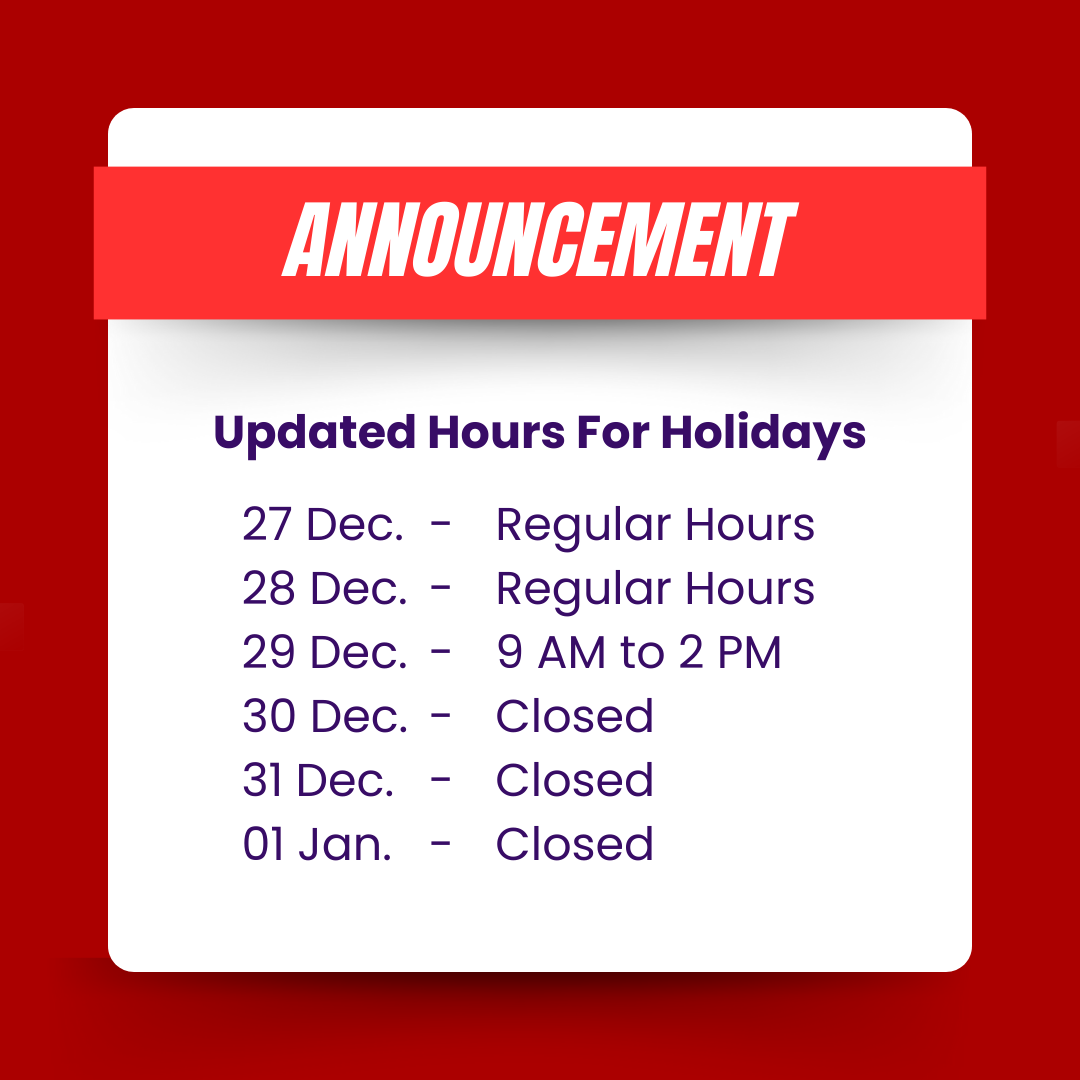There is nothing worse for a small to mid-sized business than to have to consider closing up shop for any amount of time. Delays in getting your business face up and running after a major loss can cost you time and money.
However, insurance is often the first thing that small business owners let slide when money is tight, according to a survey commissioned by RSA, one of Canada’s leading business insurers.
A paper published by The Monieson Centre (Queen’s School of Business) found that insurance is taken only once the business owner can afford it. The paper called Entrepreneurs, Insurance and Business Growth also revealed that even for established businesses, insurance is one of the first things reviewed when looking to cut costs. Unfortunately, that is the time when most small businesses simply can’t afford to be without insurance to help absorb potential losses.
Recommended to read: Why do I need Equipment Breakdown Coverage
Insurance is seen as an important investment for protecting your business, and there are some simple things you can do to guard against some of the most common risks. From the RSA Group, here are some of the most common claims small businesses face:
- Fire and smoke damage.
- Water damage as a result of a backup of drains and burst pipes. This can have a severe impact on a business, especially in cases where inventories or equipment are damaged.
- Break and enter in retail and commercial spaces
- Delivery trucks labeled with in-demand items that may be attractive to thieves
- Glass breakage due to vandalism, burglaries, high winds, or hail
- Damage from wind and/or hail. High winds can fell trees and rip the roofs off buildings, sometimes leading to additional water damage.
- Slip and falls on premises and in parking lots.
- Injuries or illness caused by a product manufactured or even just distributed by the business.
- Theft or loss of contractors’ tools and equipment from job sites or vehicles – this can literally cripple a contractor since their business is dependent on having the tools to do the job. Talk to your broker to ensure you have rental coverage, which means that your policy will cover the cost of renting the stolen equipment
while your claim is being appraised. - Motor accidents – it’s important to make sure your business has Loss of Use coverage in the event that a vehicle that is necessary to the business, is damaged
It’s important as a small business owner to talk to your insurance broker about how to tailor insurance to ensure the right coverage are in place to protect your business from losses and from the diminished revenue that can result from a claim.





